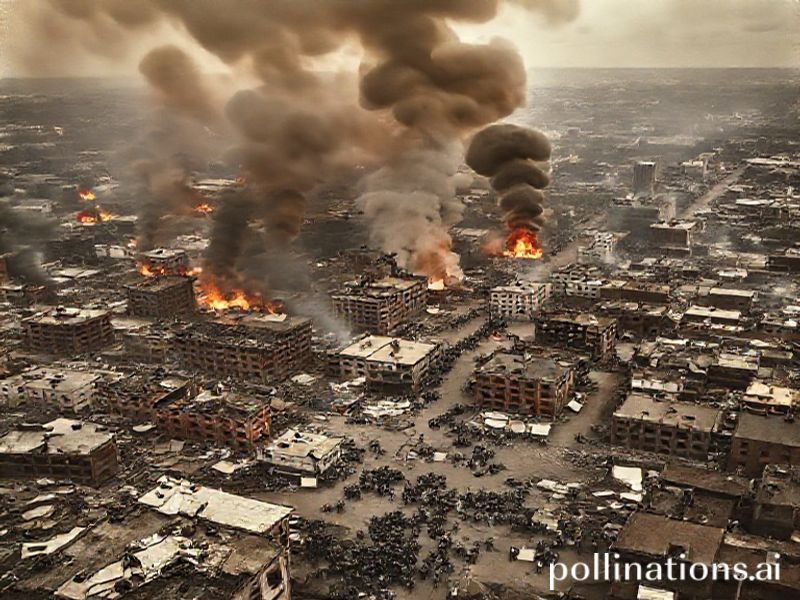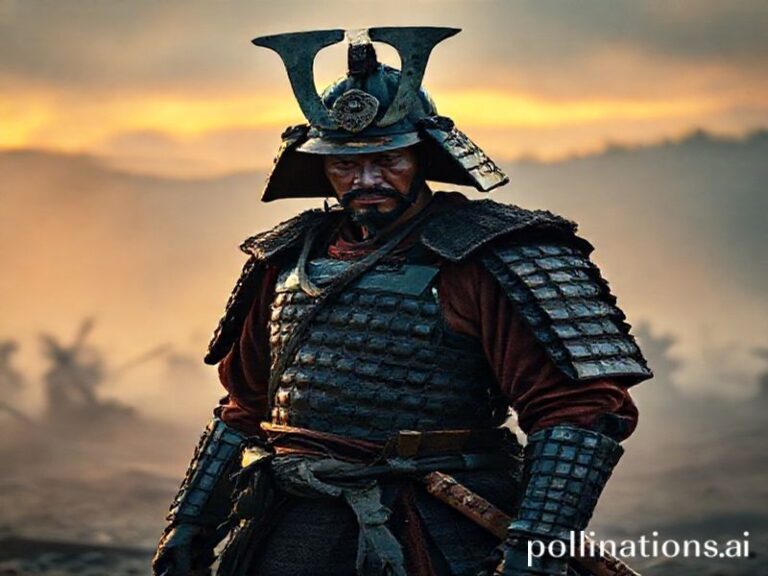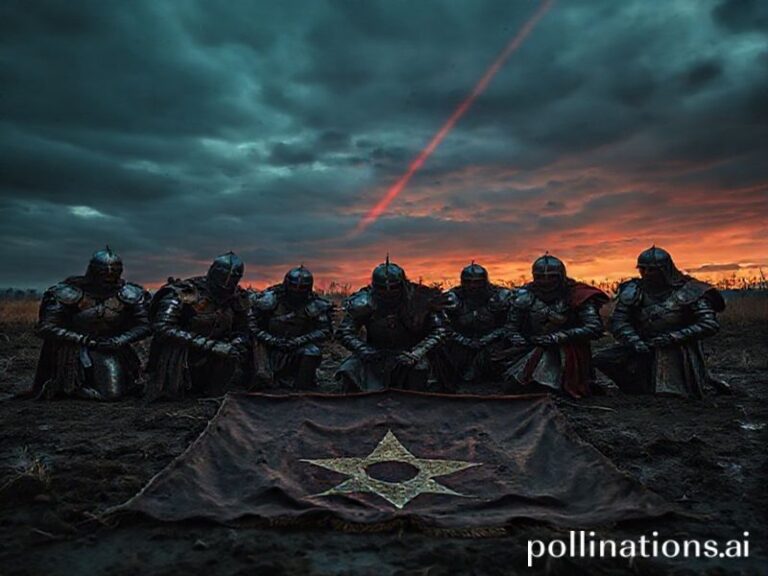From Obscurity to Virality: The Tulsa Race Massacre’s Shocking Resurgence in Global Conversations
**Title: “From Obscurity to Virality: The Tulsa Race Massacre’s Shocking Resurgence in Global Conversations”**
Alright, folks, buckle up. We’re diving into a topic that’s been trending globally, sparking conversations, and stirring up emotions across the internet. It’s not about the latest TikTok dance or a celebrity feud. No, this time, we’re talking about history—specifically, the Tulsa Race Massacre. You might be thinking, “Tulsa what now?” Don’t worry, we’ve got you covered.
**The What and The Why**
First things first, what even happened in Tulsa? Well, grab your popcorn because this is a tale of prosperity, tragedy, and a whole lot of injustice. Back in 1921, Tulsa, Oklahoma, was home to the thriving Greenwood District, also known as the “Black Wall Street.” This was a place where African American entrepreneurship and culture were flourishing, a beacon of hope and success in a time of rampant segregation and discrimination.
But here’s where things take a dark turn. On May 31, 1921, a young Black man named Dick Rowland was accused of assaulting a white woman in an elevator. The details are murky, and the truth is often overshadowed by the sensationalism of the time. What followed was a mob of white Tulsans descending upon Greenwood, leading to two days of violence, looting, and destruction. The exact death toll is still debated, but it’s estimated that between 100 to 300 people were killed, mostly Black residents. Homes, businesses, and dreams were destroyed in a matter of hours.
**Why Is This Trending Now?**
So, why is this historical tragedy making waves in the internet sphere now? Well, a few reasons:
1. **HBO’s “Watchmen”**: The 2019 series “Watchmen,” created by Damon Lindelof, brought the Tulsa Race Massacre into the spotlight. The show’s ninth episode, titled “See How A Single Thread Unravels Us,” is a powerful dramatization of the events. It’s a stark reminder of the violence and a catalyst for many to learn about this often overlooked piece of history.
2. **Social Media Activism**: In the age of hashtags and viral posts, social media has become a powerful tool for education and activism. The #TulsaRaceMassacre hashtag has been trending, with users sharing information, personal stories, and calls for justice and recognition.
3. **Political and Social Climate**: The ongoing conversations about systemic racism, police brutality, and social injustice have created a climate where people are more receptive to learning about historical events that mirror current issues. The Tulsa Race Massacre is a grim reminder of the deep-seated racism that has plagued the United States for centuries.
**Cultural Context and Social Impact**
The Tulsa Race Massacre is significant for several reasons. It’s a stark example of the violence and destruction that can result from unchecked racism and mob mentality. It’s also a testament to the resilience and strength of the African American community, who rebuilt Greenwood in the face of adversity.
Moreover, the massacre is a reminder of the importance of acknowledging and learning from our past. For too long, this event was swept under the rug, ignored in history books, and forgotten by the mainstream narrative. But as we’ve seen with other historical tragedies, ignoring the past doesn’t make it go away. It festers, it resurfaces, and it demands to be acknowledged.
**What Makes This Topic Significant?**
The significance of the Tulsa Race Massacre lies in its ability to spark conversations about race, history, and justice. It’s a topic that resonates with people across the globe, not just because of its historical importance, but because of its relevance to current events.
In a world where social media can amplify voices and bring attention to important issues, the Tulsa Race Massacre is a prime example of how the internet can be a force for good. It’s a reminder that history is not just something that happens in the past—it’s a living, breathing entity that shapes our present and future.
So, as you scroll through your feeds and see the #TulsaRaceMassacre trending, take a moment to learn, to reflect, and to engage in the conversation. Because in the words of the great philosopher Ferris Bueller, “Life moves pretty fast. If you don’t stop and look around once in a while, you could miss it.” And we certainly don’t want to miss the opportunity to learn from our past and create a better future.







